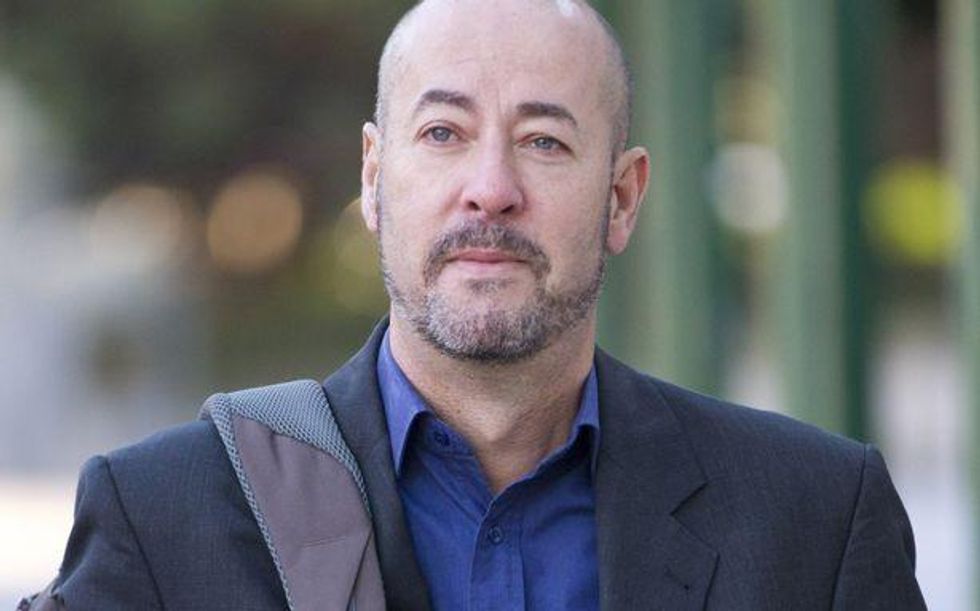Did the US government or one of its intelligence agencies assist New Zealand in tracking and secretly monitoring a journalist trying to uncover the possibility of
war crimes by US and New Zealand military personnel that took place in Afghanistan?
That's what McClatchy is trying to find out.
In a sharply worded letter to the NSA director James Clapper on Tuesday, executives and lawyers with the US-based news agency asked about the veracity of a report that appeared in the Sunday Star Times of Auckland earlier this week which said journalist Jon Stephenson, who worked for McClatchy in Afghanistan, had been the target of US surveillance.
As McClatchy reports:
"We regard any targeted collection of the metadata of our journalists as a serious interference with McClatchy's constitutional rights to gather and report the news. We therefore request clarification about whether any U.S. intelligence agencies helped in the collection, use and/or analysis of any metadata from the cell phone of McClatchy journalist Jon Stephenson," the letter said.
The reports are "particularly alarming" as they said that Stephenson was targeted because the New Zealand military was unhappy with his reporting "about possible war crimes" committed in the handling of Afghan detainees by New Zealand special forces, and it wanted to identify his sources, the letter said.
"If the reports are accurate, the U.S. Government's facilitation of such retaliatory monitoring of a reporter would be a serious breach of both the constitutional protection of newsgathering and the statutory limits imposed on the collection and use of communications information by intelligence agencies," the letter said.
According to the reporting that led to McClatchy's concern:
The New Zealand military received help from US spy agencies to monitor the phone calls of Kiwi journalist Jon Stephenson and his associates while he was in Afghanistan reporting on the war.
Stephenson has described the revelation as a serious violation of his privacy, and the intrusion into New Zealand media freedom has been slammed as an abuse of human rights.
The spying came at a time when the New Zealand Defence Force was unhappy at Stephenson's reporting of its handling of Afghan prisoners and was trying to find out who was giving him confidential information.
The monitoring occurred in the second half of last year when Stephenson was working as Kabul correspondent for the US McClatchy news service and for various New Zealand news organisations.
The Sunday Star-Times has learned that New Zealand Defence Force personnel had copies of intercepted phone "metadata" for Stephenson, the type of intelligence publicised by US intelligence whistleblower Edward Snowden. The intelligence reports showed who Stephenson had phoned and then who those people had phoned, creating what the sources called a "tree" of the journalist's associates.
For his part, Stephenson has said that he has "very specific information that leaves me in no doubt that there has been collection of my metadata."
Stephenson subsequently explained to McClatchy that he believes any tracking by intelligence agencies stemmed from investigative stories he'd written mostly between 2009 and 2011 about New Zealand special forces in 2002 turning over to U.S. troops and Afghan security personnel 55 "ghost detainees" who were "harmed and tortured."
The prisoners were called "ghost detainees" because no records of their names or identities were kept.
_________________________________




